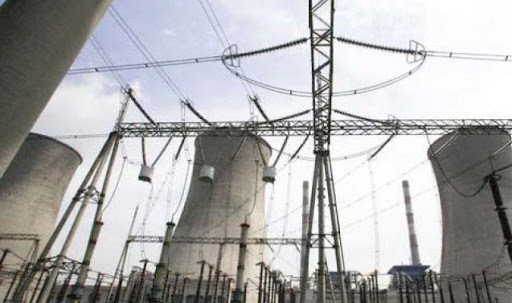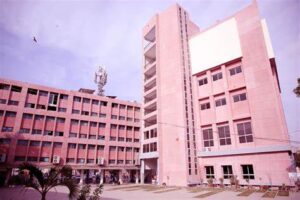
IPPs contracts and the crisis of expensive electricity
Pir Farooq Bahawal Haq Shah
The crisis of expensive electricity and IPPs contracts- The surge in electricity bills has plunged Pakistan into a deep economic crisis, halting political and industrial activities across the nation. Unaffordable energy costs have crippled small businesses and threatened the survival of larger industries.
The scale of the crisis is so severe that top industrialists have felt compelled to hold press conferences to voice their concerns.
The ordinary citizen faces an even graver situation. The economic strain has shattered the livelihoods of the lower-income class, leading to widespread unrest, riots, and social discord. Pakistan is grappling with dual crises: while its armed forces sacrifice their lives combating terrorism at the borders, the nation also battles economic terrorism stemming from Independent Power Producers (IPPs). This form of economic exploitation has stifled all economic activities, yet it seems the political elite remain oblivious to its gravity.
Meanwhile, the government’s failure to address public grievances effectively exacerbates the situation. Reports of lavish spending on government vehicles and free electricity for certain bureaucratic sectors only add insult to injury. Political activities in Pakistan remain constrained, deepening the chasm between the government and its citizens. This disconnect is detrimental not only to the country’s political stability but also to its overall well-being. It’s a stark reminder that Pakistan’s inception was rooted in political processes; freezing political activities now could have dire consequences for the nation.
Historically, Pakistan was not plagued by an energy crisis before the advent of IPPs. Load shedding was virtually unheard of until the 1980s. As the population and industrial activities grew, the government failed to prepare adequately for the increased demand for electricity. The power crisis escalated in 1994, leading to the introduction of IPPs by then-Prime Minister Benazir Bhutto. Despite strong opposition from economist Dr. Mubasher Hasan, who predicted these agreements would burden future generations, the deals proceeded. Time has vindicated Dr. Hasan’s concerns.
The Planning Division of Pakistan is particularly culpable for its negligence in these agreements. Under Nawaz Sharif’s leadership in 1997, additional power plants were approved. Subsequent administrations, including Pervez Musharraf’s and Syed Yusuf Raza Gilani’s, signed numerous IPP contracts, with Nawaz Sharif’s government continuing this trend from 2013 to 2018. This unbridled expansion of IPP contracts has drawn heavy criticism.
Current data reveals that several power plants are not generating electricity but still receiving payments. Of the existing power plants, 37 produce less than 25% of their capacity, while 60 plants generate up to 25% of their capacity but are fully paid in the name of capacity payments. The annual cost of these capacity payments to coal power plants amounts to 700 billion rupees.
Industrialist Gohar Ijaz highlights that electricity costs the government 30 rupees per unit but is sold to consumers at 60 rupees. He also notes that while 52% of power plants are government-owned, 48% belong to 40 influential families who control 50% of the capacity but charge the public full price. The details of these arrangements are extensive, but they underscore that these power generation companies are exploiting the Pakistani people, with the ruling elite complicit in the scheme.
Both Nawaz Sharif and Asif Ali Zardari are implicated in these problematic agreements, with their bureaucracies prioritizing personal gain over national interest. As a result, Pakistan’s children today curse the IPPs and their architects. The country faces a political crisis as severe as the economic one. The government’s lack of popular support and its inability to address public concerns only deepens the crisis.
Jamaat-e-Islami’s efforts, including a recent sit-in over electricity bills, reflect the growing discontent. However, the exclusivity of such actions to one political party raises questions about fairness. Why are similar measures not extended to other parties like PTI? Such disparities only fuel public frustration and reinforce the perception that the current government is a persistent burden. It is crucial for any party or leader to possess genuine popular support to address these pressing issues effectively.
Translated from Daily Jang


